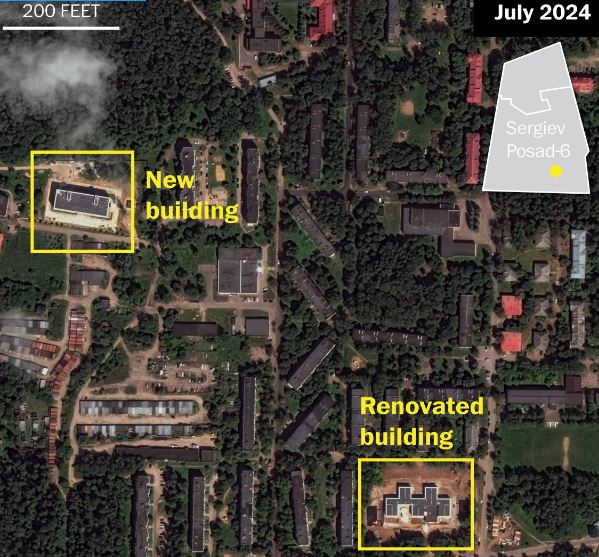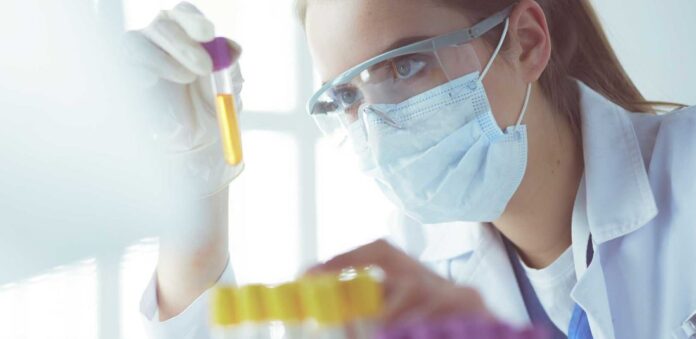Russia is reportedly intensifying its bioweapons research capabilities with the major expansion of its Sergiev Posad-6 laboratory, a facility historically linked to Cold War-era biological weapons development. Located outside Moscow, this site is now being transformed into a high-security complex spanning approximately 250,000 square feet, complete with reinforced labs, specialized air-handling systems, and an independent power plant.

The expansion includes ten new buildings, renewing anxieties in the West about Russia’s potential intentions to advance bio-research. In the Soviet era, this lab was reputed for developing dangerous pathogens, including smallpox, Ebola, and anthrax, for military applications.
Also Read: USDA Eases Bird Flu Testing Regulations for Dairy Cattle Amid Industry Pressure
Given Russia’s alleged recent deployment of prohibited chemicals on the battlefield, intelligence agencies across NATO and the United States have heightened their vigilance. Concerns about the resurgence of bioweapon research are sparking further scrutiny as international security experts and governments monitor the developments closely.
West on Alert as Russia Expands Notorious Bioweapons Facility
- Massive Expansion: Russia has expanded its Sergiev Posad-6 bioweapons laboratory, adding ten new buildings and increasing the facility to 250,000 square feet, including advanced labs, air filtration systems, and a dedicated power plant.
- Cold War Legacy: Sergiev Posad-6 was historically used for bioweapons research during the Soviet era, specifically weaponizing pathogens like smallpox, Ebola, and anthrax for military purposes.
- Increased Global Concerns: The West, particularly NATO and U.S. intelligence agencies, are closely monitoring the expansion due to fears that Russia may be intensifying bioweapons research efforts.
- Security Implications: The development raises concerns about Russia’s intentions, especially following allegations of recent chemical weapon use on the battlefield.
- High Alert: NATO and international security experts are on high alert, assessing potential implications for global security and monitoring further developments in Russian bio-research activities.



